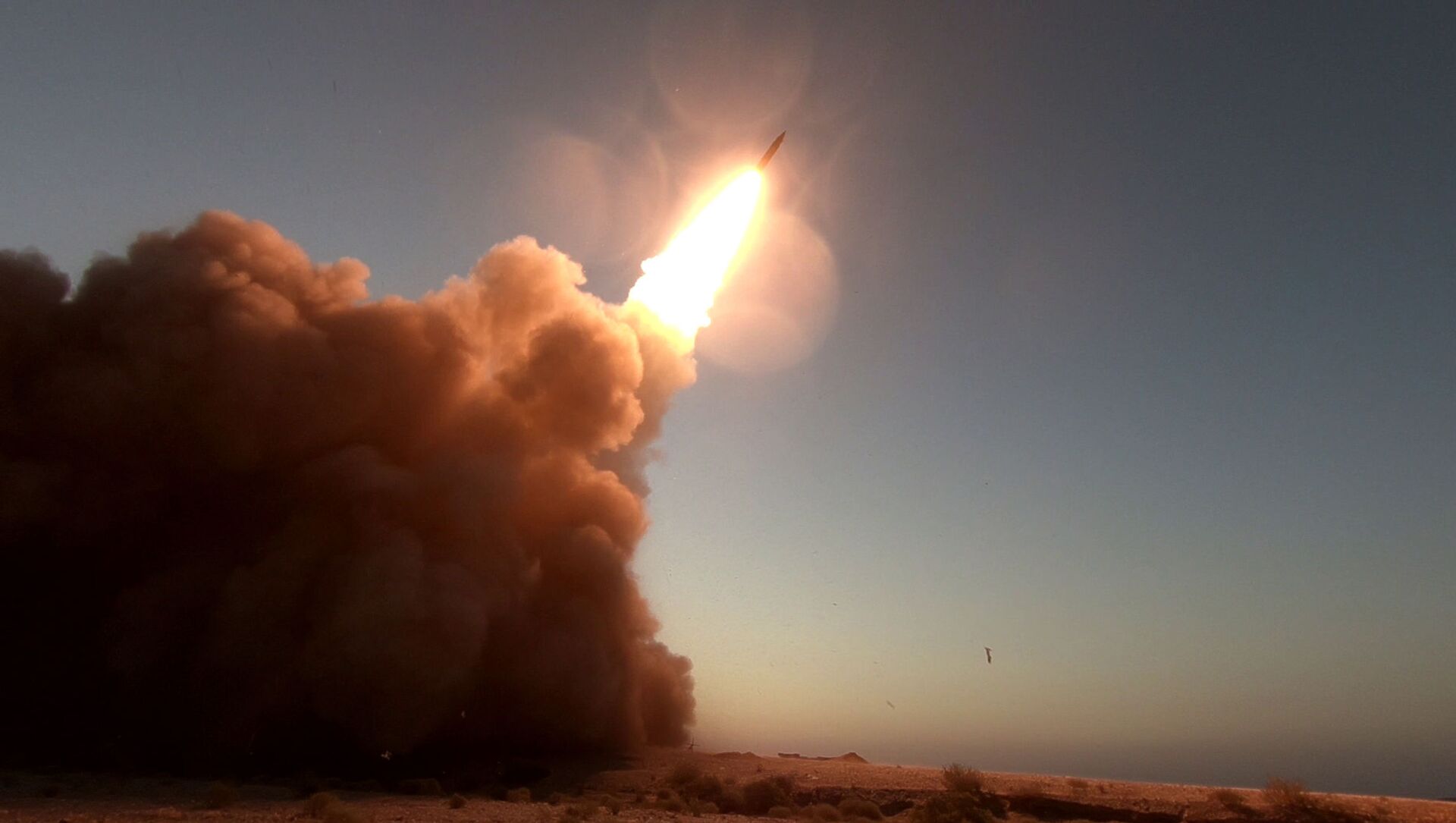Satellite images by Capella Space reveal concrete structures and what appear to be tunnel entries in what Israeli-based The Intel Lab says might be a new ballistic missile base.
According to The Intel Lab, which describes itself as an intelligence consultancy, construction at the site began in around 2005, with two tunnels being excavated 400 metres below crest level.
The site is reported to be 28 kilometres northwest of Isfahan City Centre in central Iran.
In 2008-2009 ventilation shafts appeared on the site, and rough estimations of spoils showed that 500,000 cubic metres were excavated for the two tunnels and underground facilities, the company said.
Arched formwork and concrete production were in progress between 2011 and 2019, but with no major excavation, while between around August 2019 and the end of the year, 10 metre-high platforms were raised at each tunnel entrance and reinforced with bars of concrete.
Last month, Fox News reported an underground ballistic missile facility in southwestern Iran about 500 miles (approximately 805 km) from Kuwait, showing satellite images it obtained.
In 2015, Iran signed the Nuclear Deal with the P5+1 group of countries, which required that Iran scale back its nuclear programme and downgrade its uranium reserves in exchange for sanctions relief, but in 2018, Donald Trump unilaterally pulled the United States out of it, re-imposing sanctions on the Islamic Republic, and initiating even stricter financial hurdles.
As a result, Tehran has taken several steps against denuclearisation and argues that since the US abandoned the deal first, they should take the first step in renegotiating and ultimately removing sanctions.
The Biden administration, however, has recently signalled a desire to revive the deal, but with no significant steps have in that direction yet.


